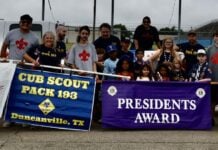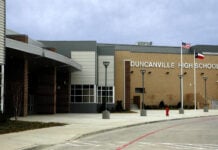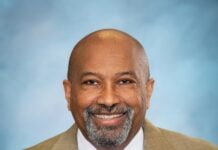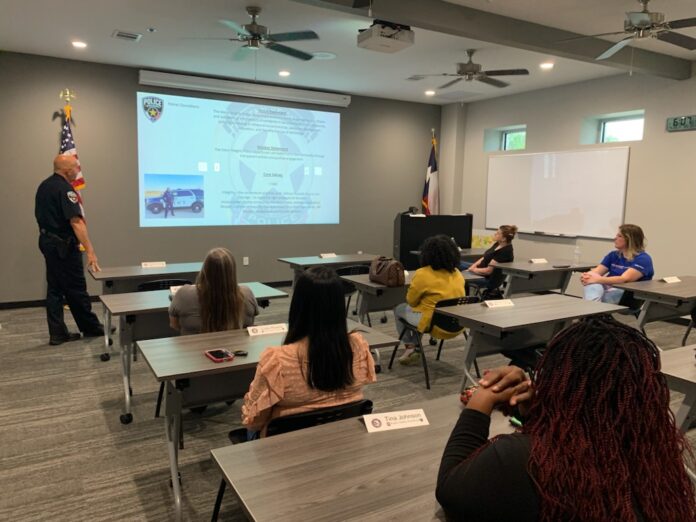GLENN HEIGHTS – The City of Glenn Heights recently kicked off its first ever public safety academy offering residents a multi-department look at the inner workings of the city’s public safety procedures. The class was open to 12 residents who signed up for the 2023 classes.
A free class offered once a week for two hours, the class began April 6 and will take place over a period of eight weeks.
“We wanted to take this to the next level for our citizens by offering classes a resident over the age of 18 can attend in order to get basic knowledge and training of what law enforcement does as well as what our Fire Department and EMS teams do as well,” said
Glenn Heights Director of Public Safety, Keith Moore. “Overall, we determined what areas would be best for the public to learn about and we came up with this program, which will include four weeks of law enforcement and four weeks of fire department and EMS.”
The four weeks of law enforcement will allow residents in the class the ability to get an in-depth look at what patrol officers do, how 911 calls are handled and responded to, what the criminal investigation team does including case management, fingerprinting and processing a crime scene, and the fourth week will be all about the importance of animal control.
The four weeks pertaining to the Fire Department and EMS will feature a look at the department’s bunker gear, simulator training and a snapshot of how the department fights fires, handles certain rescues as well as how the EMS ambulance functions, what equipment the city has in the ambulance, what types of calls are handled and what EMS personnel can and can’t do in the field.
“Both a classroom setting, and safe hands-on explanations will be offered to the students,” Moore added.
After graduation Moore said he hopes the students will be interested in taking their knowledge one step further to consider the city’s Community Emergency Response Team (CERT) program.
“The Academy will be held on an annual basis,” Moore concluded. “It is important that our citizens know what we do. Often, they see what is on television and that is not an accurate portrayal. The more they know the more they can tell their neighbors, the more we can educate our community and the better our residents can understand us, and we can understand them.”














